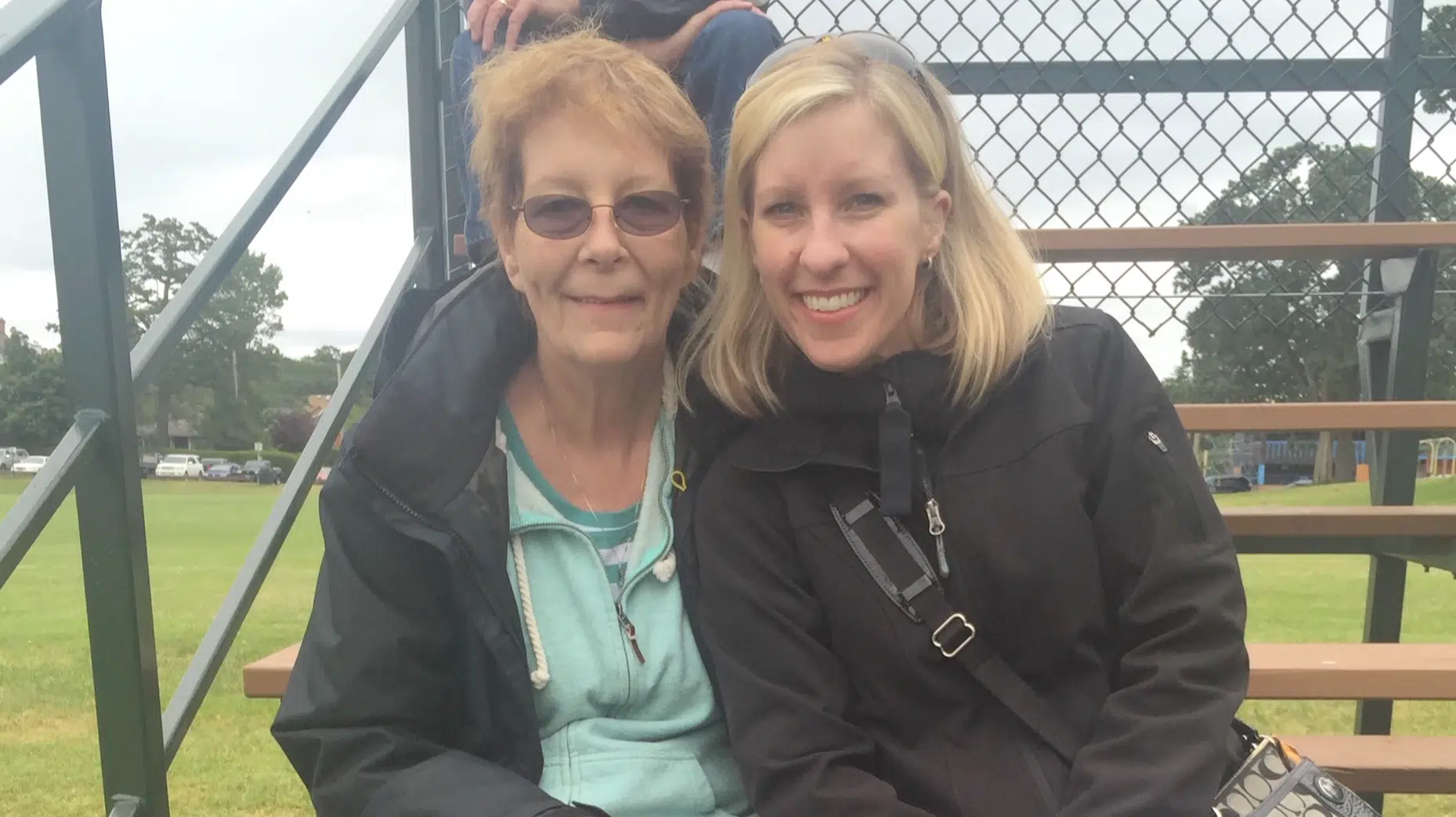
Reducing the stigma associated with Alzheimer’s and dementia
KAMLOOPS — January is Alzheimer’s Awareness Month, a time to shine a light on a disease that’s impacting so many lives. The most recent statistics show that almost 750,000 Canadians are living with Alzheimer’s or other forms of dementias, and those numbers continue to rise. This year, the Alzheimer Society is working to remove the stigma associated with the disease, trying to get people to understand that dementia is no longer an ‘old person’s disease’.
Corrina Lovell grows emotional when talking about her mother’s recent diagnosis with Alzheimer’s disease.
“It can be a scary journey and some of the changes we see, it’s hard to make sense of them,” says Lovell.


